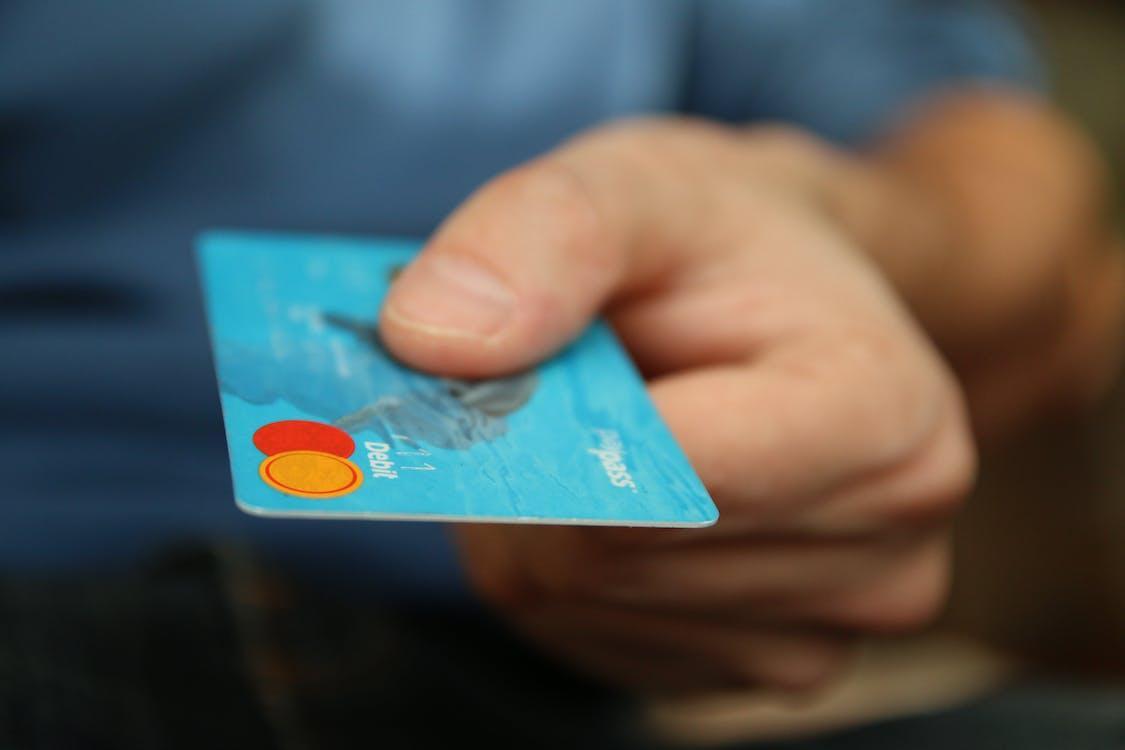Are Credit Card Rewards Taxable: Everything You Need to Know
From helping you build your credit score to providing readily-accessible credit, credit cards come with a ton of benefits. On top of these many credit card companies offer rewards programs where you can redeem points, miles, or cash back and put a little extra money back in your pocket.
But are credit card rewards taxable?
Turns out, they are.
But only for certain users.
Find out more about how the CRA treats credit card rewards and whether or not you need to declare them when you file your taxes.
When Are Credit Card Rewards Not Taxable?
Generally, most Canadian consumers do not need to pay tax on credit card rewards, including points, travel miles and cashback.
According to the Canada Revenue Agency (CRA), these benefits are classified as discounts, rather than income. So, just as you don’t declare savings you’ve made from supermarket coupons, you don’t have to declare credit card rewards when you file annual taxes.
Why aren’t credit card rewards taxable?
The main reason why credit card rewards are not taxable is that they are issued as proprietary currency. This makes it difficult to determine their fair market value in dollars, meaning that the CRA cannot assess how much tax you need to pay on rewards.
For instance, the market value of 15,000 Aeroplan points is almost impossible to determine as it depends on the flight you redeem the points for, when the points are claimed, the ticket class you purchase and other similar factors.
The same concept applies to other monetary gifts, such as gambling winnings, prize draws, lottery wins and birthday gifts.
| Did you know that 78% of Canadians own credit cards linked to rewards? |
When Can Credit Card Rewards Be Taxed?
While most Canadian consumers do not need to pay taxes on rewards from personal use of credit cards, things become slightly more complicated when you are using a credit card for work-related purposes.
As an employee, you can be taxed on credit card rewards if
You convert rewards to cash
This is a taxable event, which means you need to declare the cash value of the reward on your tax return. However, the rule only applies if you have earned rewards by making work-related purchases and you were fully reimbursed by your employer for those expenses. If points are kept in the original form, i.e. you use them to buy a toaster, you don’t have to report them on your tax return.
Here is an example.
Let’s say your company is sending you to Vancouver for a conference.
You use your Aeroplan credit card to pay for the plane ticket and you earn 500 miles as part of the loyalty program. Your employer reimburses you for the ticket. You redeem the miles for a family vacation. In this case, your credit card rewards are not taxable.
But if you redeem the miles for cash, they will be included in your taxable income and as such must be declared on your tax return.
You are given credit card points as a form of remuneration
Your employer may award you credit card rewards as compensation or bonus. This form of payment is seen by the CRA as a taxable benefit and must be reported on your taxes.
Let’s continue with the previous example.
You’ve been going really well at work and your employer wants to give you a bonus, so he lets you buy tickets for all the employees attending the Vancouver conference with your personal credit card (you could earn thousands of points depending on how many tickets you buy).
This, however, triggers a tax event, even if you don’t convert the miles for cash, i.e. you keep them in their original form. Furthermore, you will be required to declare the fair market value of the rewards redeemed with points on your taxes, since you control the points.
| Related: What happens if you file taxes late in Canada? |
The same rule applies when an employer gives you miles, points, or cash back as a bonus.
Here is another example:
Your employer lets you use a company credit card. You collect points by making employment-related expenses and then you redeem them for various rewards for your own personal use. Your employer gets and pays the credit card bill. He is also the one who receives the statement tracking loyalty points, so your employer is the one who needs to report the taxable benefit on your T4 slip.
You are using your rewards to avoid paying tax
Although most forms used by individuals to eliminate or reduce tax liability are legal, the CRA views some schemes as breaching the spirit of the law. This includes any plans or arrangements that involve work-related credit card rewards.
The Takeaway
Credit card rewards are considered discounts by the CRA and therefore not taxable. However, if you earn points and miles through business-related expenses and/or redeem those points for cash, you will have to include the rewards in your taxable income.
If you are not sure whether you need to declare credit card rewards on your tax return, it’s best to talk to your tax advisor—having clarity on all tax-related issues is a must if you want to avoid issues with the CRA.
FAQ
This depends on which tax bracket you are in, both on a federal and provincial level. Here are the tax brackets for 2023 (federal only)
- $53,359–$106,717: 21%
- $106,718–$165,430: 26%
- $165,431–$235,675: 29%
- Over $235,675: 33%
If you as the business owner use the company’s business credit card, rather than your personal credit card, for business-related expenditures and redeem the points for personal use, such as family vacation, you would need to pay tax.
Suppose you use the points collected on the business card for work-related rewards, such as getting a discount on a business trip, you can avoid paying tax on the points.
No, redeeming the points on your personal credit card, whether it is an air mile or cash back credit card, for cash is tax-free. But should you redeem points you earned through work-related purchases for cash and/or the points are later reimbursed by your employer, you have to report the cash value of those rewards on your tax return.
The CRA says that the fair market value of a credit card reward is the price that would have paid for a similar product. For instance, the fair market value of an airline ticket would be the cost of a comparable ticket that would let you travel with the same airline, on the same flight and in the same class as the reward ticket (minus taxes and fees).






